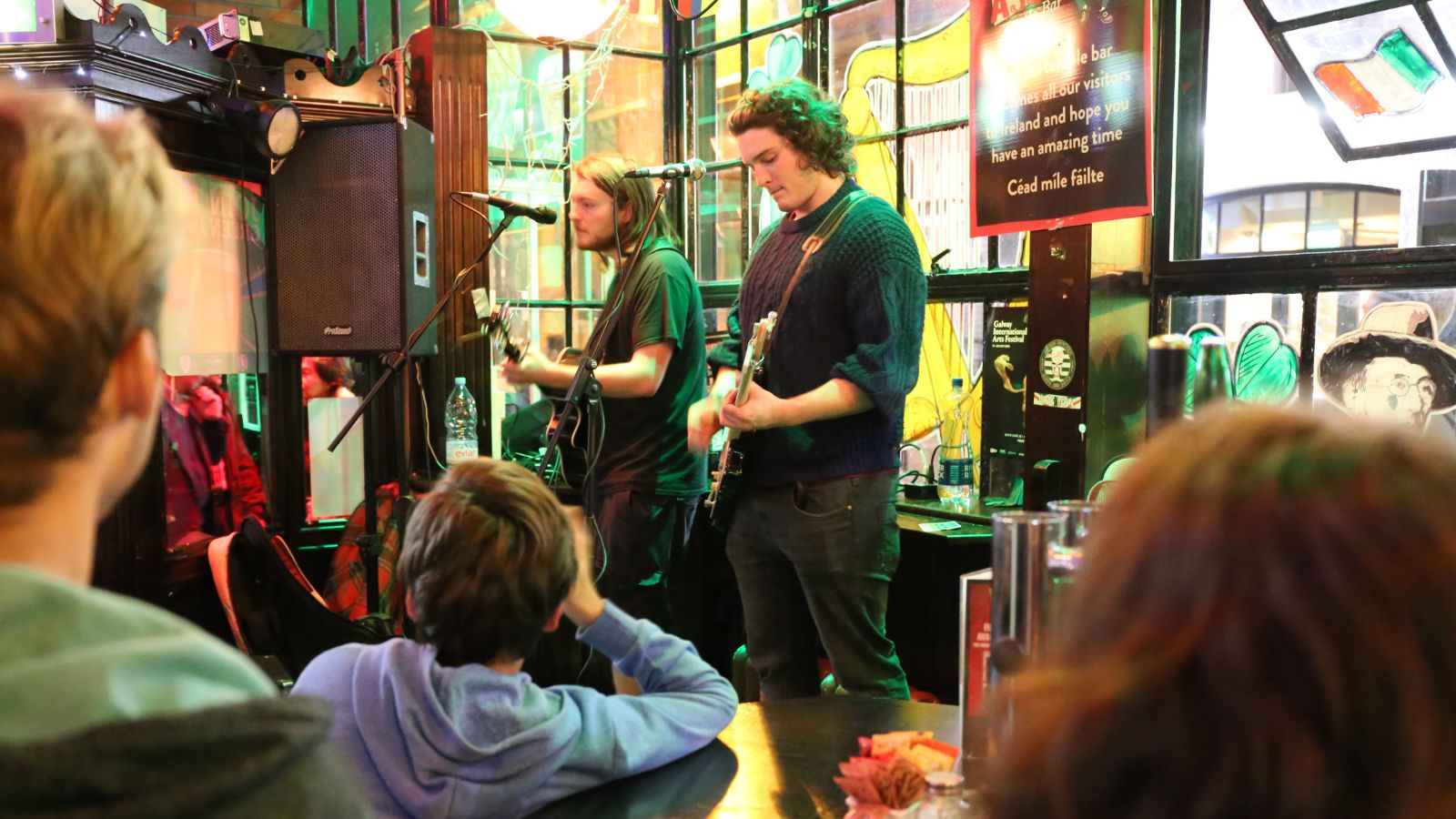The British are known for many wonderful things—afternoon tea, Shakespeare, and a dry sense of humour. However, there are certain quirks and habits that can drive the rest of the world up the wall. These are the 17 most common things British people do that can be downright irritating.
Moaning About Public Transport

“Britain has the worst transport system in Europe,” according to the BBC, but while many countries have their share of public transport issues, Britain’s locals seem to have a special knack for complaining about it; whether it’s delays, overcrowding, or strikes, there’s always something to moan about. This constant griping can be tiresome for those who are used to dealing with similar issues without making such a fuss.
Queuing for Everything

The British love to queue. It doesn’t matter where they are or what they’re waiting for, they’ll form a neat line and patiently wait their turn, and while this might seem like a display of impeccable manners, it can be frustrating for those who prefer a more dynamic approach to getting things done.
Apologising Constantly

Britons have an extraordinary talent for apologising, even when they’re not at fault, as they’ll say “sorry” if you bump into them, if they need to get past you, or if they simply don’t know what else to say. This incessant apologising can be perplexing and annoying to those who aren’t used to it.
Talking About the Weather

No matter the season, people in the UK are always ready to discuss the weather; this obsession with meteorological conditions can be baffling to those who prefer more substantial conversation topics. It’s not just a passing comment either; weather discussions can turn into lengthy debates.
Excessive Use of “Cheers”

The word “cheers” in this country is a versatile term used for almost everything—from saying thank you to bidding farewell. While it’s a friendly gesture, the overuse of “cheers” can be confusing and irritating to those who aren’t familiar with its many connotations.
Complaining About Americanisms

Often grumbling about the influence of American culture and language, residents of England might criticise the use of American words, spelling, and pronunciation. This tendency to complain about Americanisms can be irritating for those who are either from the US or don’t see the harm in cultural exchange.
Tea Obsession

The UK loves its tea, and it’s not shy about letting everyone know. While there’s nothing wrong with enjoying a cup of tea, the way British people talk about it can be overbearing, and they’ll insist on offering tea in every situation.
Stiff Upper Lip

Having a“stiff upper lip” is a cultural hallmark, where showing emotion is often seen as a sign of weakness. This can be frustrating for people from more expressive cultures who value open emotional communication, and it can make the British seem cold, distant, and hard to connect with on a deeper level.
Love for Small Talk

Masters of small talk, the British are often engaging in conversations that never go beyond the surface, and this can be exasperating for those who prefer meaningful discussions. Topics like the weather, commuting woes, or the latest TV shows dominate British small talk, leaving little room for deeper connections.
Fussiness About Food

UK residents can be quite particular about their food, often criticising foreign dishes and sticking to their traditional favourites. This can be annoying for those who enjoy a more adventurous culinary experience, and their fussiness can come across as narrow-minded and resistant to trying new things.
Indirect Communication

Known for their indirect way of speaking, Britons often use euphemisms and understatement, which can throw people off if they’re used to more direct communication. It requires a level of interpretation that not everyone is used to, making interactions more complicated than they need to be.
Overuse of Polite Phrases

Phrases like “pardon me,” “would you mind,” and “if it’s not too much trouble” are common in British conversation, but while politeness is appreciated, the excessive use of these phrases can be tiresome and feel insincere. It can make simple requests seem overly complicated and formal.
Driving on the Left

One of the most noticeable quirks is driving on the left side of the road. For those from countries where driving on the right is the norm, this can be both confusing and annoying, and it requires a mental adjustment and can lead to stressful situations for drivers and pedestrians alike.
Pub Culture

The British love their pubs, and pub culture is a big part of social life. However, the emphasis on drinking can be off-putting for those who don’t enjoy alcohol as much, while the pressure to participate in rounds of drinks and the loud, boisterous atmosphere can be overwhelming.
Complaining About the EU

People from the UK have a tendency to complain about the European Union, especially since the Brexit vote, and such constant moaning can be tiresome for those who either support the EU or are simply tired of hearing about it. It can make conversations feel negative and repetitive.
Being Overly Sentimental About the Monarchy

Commonly talking about the royal family with great reverence, the British have a deep-rooted affection for the monarchy, which can be perplexing and irritating for those who see the monarchy as outdated and irrelevant. The constant media coverage and public interest can feel excessive.
Inability to Take Compliments

And lastly, those in the UK often struggle with accepting compliments, usually responding with self-deprecation or downplaying their achievements. This can be frustrating for those who simply want to give praise and have it graciously accepted, making giving compliments feel awkward.







